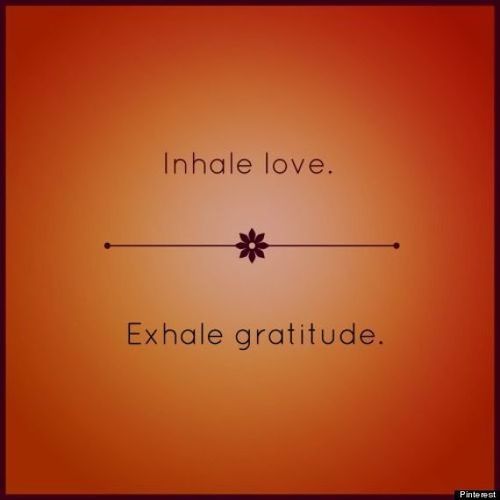
Recently, The Intelligent Optimist sat down for a Q&A with Sakyong Mipham Rinpoche, head of a worldwide network of meditation centers, talking about optimism and fundament goodness—asking one very provocative question for our time:
TIO: Can fundamental goodness be seen in the face of violence?
SR: ‘Every moment presents an opportunity to recognize the core of humanity—whether one is a bus driver, the president of a nation, or a murderer. In each instant, we can stop and reflect on who we are and what we are doing with our life. Even in the direst situations, when people are given the opportunity to discover their humanity, the possibility of it coming through can occur. By creating a global culture where humanity itself is respected, rather than simply our own agenda, we create a greater tendency for qualities such as empathy and wisdom to come about. The acts of aggression being experienced all over the world are not isolated occurrences. We all play a part in the health of our global community. We are in this together and we all have the opportunity to shift the degradation of our time to a stronger and brighter future.
The history of our individual lives is predicated on what happens every second of every day that we’re here. No matter how seemingly inconsequential, our decisions and actions, both conscious and unconscious, determine our path, one we, many times, blindly follow.
We process the journey in situational increments of time; marked by ‘when this happened’ or ‘that happened.’ We live in a limbo of solitary, monumental moments and allow them to define us. After a particular event or occurrence is over, we go back to just breathing, surviving, trying to move along.
Without realizing it, those moments become mile markers on the timeline of our existence on this big, glorious, ubiquitous Earth. If you put the timeline of your memories onto a map, what would it look like? Peaks and valleys, highs and lows of happiness and hurt, would probably overwhelmingly abound, right? But, think for a second, do you remember everyday situations outside of your self-decided defining moments?
As Rinpoche notes, “In each instant, we can stop and reflect on who we are and what we are doing with our life. Even in the direst situations, when people are given the opportunity to discover their humanity, the possibility of it coming through can occur.”
Our own defining moments happen when we are waiting for something else to come along. Paradoxically, what plays out as insignificant periods of time are actually hugely important to us, we just don’t notice or pay attention to them— we’re too focused on our road ahead.
These ‘pit stops,’ however — unselfish moments where we finally look beyond our agenda— are actually the blessings of being part of a collective humanity—one we often forget.
When we experience kindness, compassion or empathy, we begin to realize that human suffering exists as a whole; allowing us to derive strength and support from strangers and friends alike. We try to take the whole drive alone but we simply can’t; we need each other on this journey— when we get lonely, tired or weary, we need to remember that.
So next time you feel like you’re taking a long stretch of the road alone, give a stranger a smile as you’re passing through. You may not be able to fix your own problems that day, but you’ll never know the power you could potentially have on alleviating someone else’s.
Allow yourself to find gratitude in small moments, especially the ones where all you feel you’re doing is breathing; there is an opportunity there to do something great. Practicing that, you’ll come to find that time can be transformative, allowing us all to be more aware and blissful on our individual and collective paths— with a rosier view of what’s ahead and a feeling of accomplishment on how far we’ve come.
